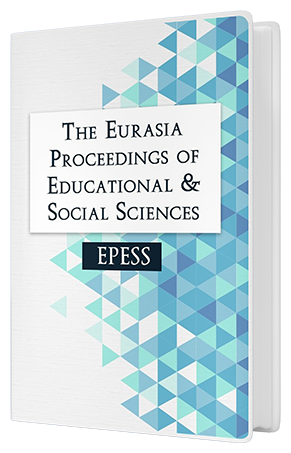Information Technologies in a Modern School
Keywords:
Education, School, Information technology, Robotics, STEAMAbstract
Any educational institution chooses for itself valuable reference points of development. The result of the quality of education largely depends on what position the educational institution will take in relation to schoolchildren. For us, the development of a Specialized Boarding school-lyceum "Information technologies" is the development of our students, ensuring their success in life. To achieve these goals in the implementation of the educational program of the school-lyceum staff there was a need to study and implement modern pedagogical technologies and innovative forms of education. The school-lyceum carries out activity in the STEAM direction with training in three languages with profound studying of computer science, mathematics, physics and other disciplines of applied character. The concept of the boarding school incorporates the best international experience in the construction of an educational model for the creation of information and educational space, favorable for the harmonious formation and development of the individual capable of self-development, self-determination and self-realization in the modern information society. The article reveals the peculiarities of studying in a Specialized Boarding school –lyceum "Information technologies", the ultimate goal of which is the formation of the basic, social, profile competence of the student.Downloads
Published
Issue
Section
License
Copyright (c) 2018 The Eurasia Proceedings of Educational and Social Sciences

This work is licensed under a Creative Commons Attribution-NonCommercial-ShareAlike 4.0 International License.
The articles may be used for research, teaching, and private study purposes. Any substantial or systematic reproduction, redistribution, reselling, loan, sub-licensing, systematic supply, or distribution in any form to anyone is expressly forbidden. Authors alone are responsible for the contents of their articles. The journal owns the copyright of the articles. The publisher shall not be liable for any loss, actions, claims, proceedings, demand, or costs or damages whatsoever or howsoever caused arising directly or indirectly in connection with or arising out of the use of the research material. All authors are requested to disclose any actual or potential conflict of interest including any financial, personal or other relationships with other people or organizations regarding the submitted work.




